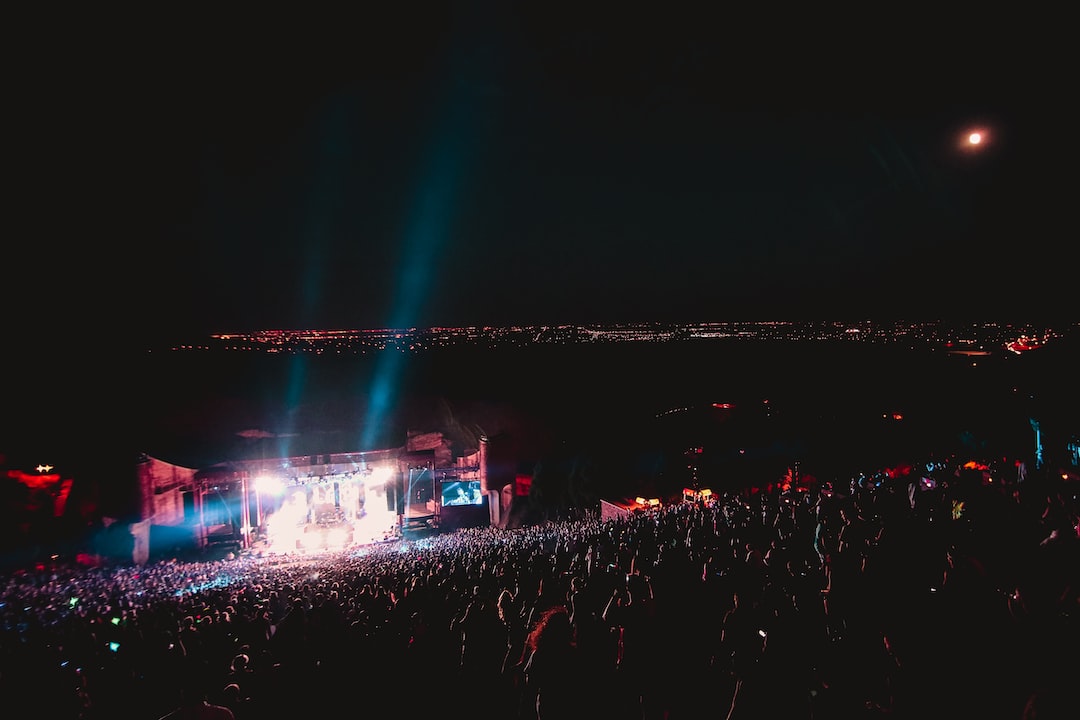The Influence of Social Media on the Entertainment Industry
In today’s digital era, social media has become an integral part of our lives. From sharing updates about our day-to-day activities to connecting with friends and family, it has transformed the way we communicate. However, its impact is not limited to personal interactions. Social media has significantly influenced various industries, including the entertainment industry.
The rise of social media platforms like Facebook, Instagram, Twitter, and YouTube has created new opportunities for content creators and artists to connect with their audience directly. It has given rise to a new breed of celebrities known as “influencers” who have amassed huge followings on social media platforms. These influencers have become powerful figures in the entertainment industry, often surpassing traditional celebrities in terms of influence and reach.
But what makes social media such a game-changer for the entertainment industry? Firstly, it has democratized the process of content creation and distribution. In the past, aspiring musicians, actors, and filmmakers had to rely on traditional gatekeepers such as record labels, movie studios, and television networks to showcase their talent. Social media platforms have eliminated these barriers, allowing artists to create and distribute their work without needing the validation of these gatekeepers. This has led to the emergence of a more diverse range of content and voices in the entertainment industry.
Moreover, social media has created a direct line of communication between artists and their fans. Previously, fans relied on interviews, magazines, or television appearances to get a glimpse into the lives and thoughts of their favorite celebrities. Now, they can follow their idols on social media platforms and get real-time updates on their activities, thoughts, and opinions. This level of interaction has made the entertainment industry more accessible and personal for fans, strengthening the emotional connection between artists and their audience.
Social media has also revolutionized marketing and promotion in the entertainment industry. Traditional modes of advertising like television commercials and print media are often expensive and lack the targeting capabilities that social media provides. With social media, artists and entertainment companies can reach their target audience more efficiently. They can tailor their marketing messages based on user demographics, interests, and online behavior. This data-driven approach helps artists and entertainment companies save costs and maximize their return on investment.
Additionally, social media has given rise to a new form of promotion known as influencer marketing. Brands often collaborate with popular influencers to promote their products or services. Similarly, the entertainment industry has started leveraging the influence of social media stars to market their movies, music, and events. By partnering with influencers who have a large and engaged following, artists can reach a wider audience and generate more buzz around their projects.
Furthermore, social media has brought about significant changes in how content is consumed. With the rise of streaming platforms like Netflix, Hulu, and Amazon Prime, traditional television viewership has declined. Social media platforms have played a crucial role in this shift by allowing users to share and discover content easily. From sharing trailers and music videos to recommending movies and TV shows, social media has become an integral part of the content discovery process. The immediate feedback and word-of-mouth recommendations on social media can make or break the success of a piece of entertainment.
In conclusion, social media has had a profound impact on the entertainment industry. It has democratized content creation and distribution, enabled direct interaction between artists and fans, transformed marketing strategies, and influenced the way content is consumed. As social media continues to evolve, it will undoubtedly shape the future of the entertainment industry, creating new opportunities and challenges for artists, content creators, and consumers alike.
nutcracker tickets: www.ajkunbt.org
The Ajkun Ballet Theatre is a vital part of New York City’s most vibrant art scene. Located in the Manhattan Theater District, the Ajkun Theater is home to the ballet company, the dance school and a destination for international dancers and visitors. Step into the world of dance with AJKUN Ballet Theatre. Explore the upcoming shows, the dance programs, and the world renowned dancers on ajkunbt.org. Get ready to be amazed by Chiara Ajkun’s new art and inspired by the artistry of AJKUN Ballet Theatre.

